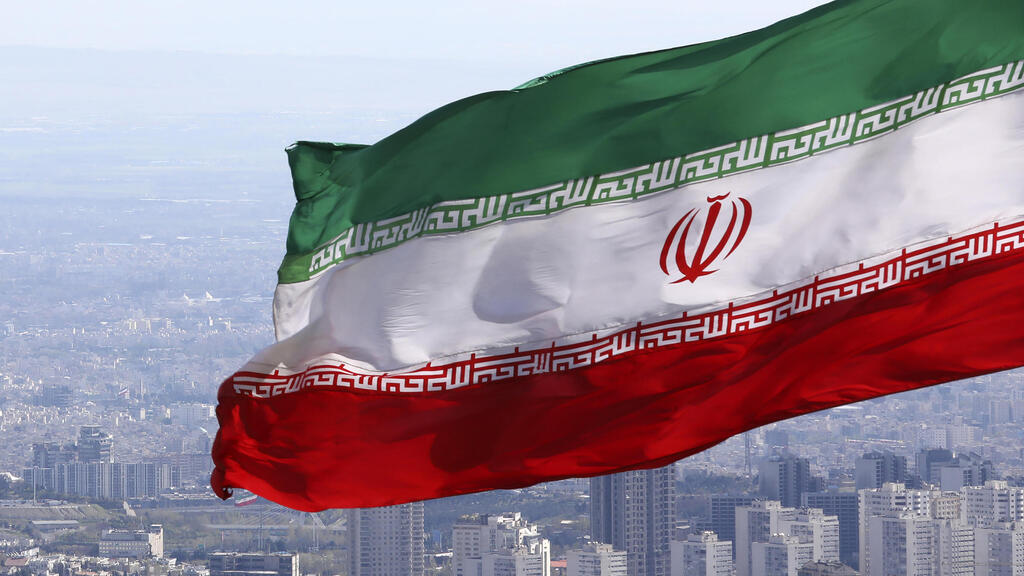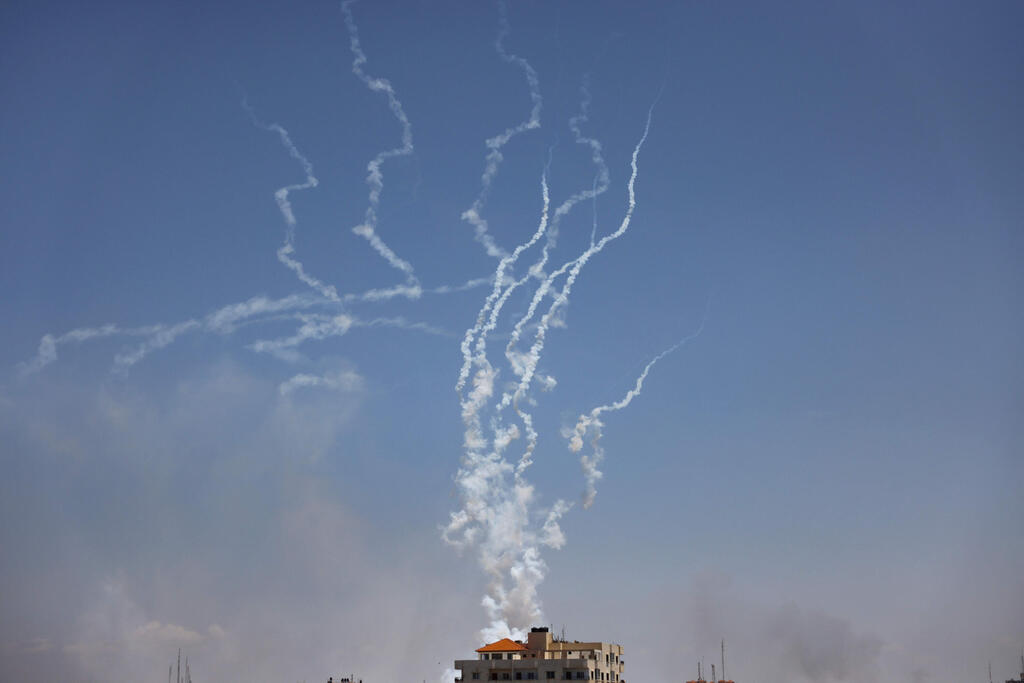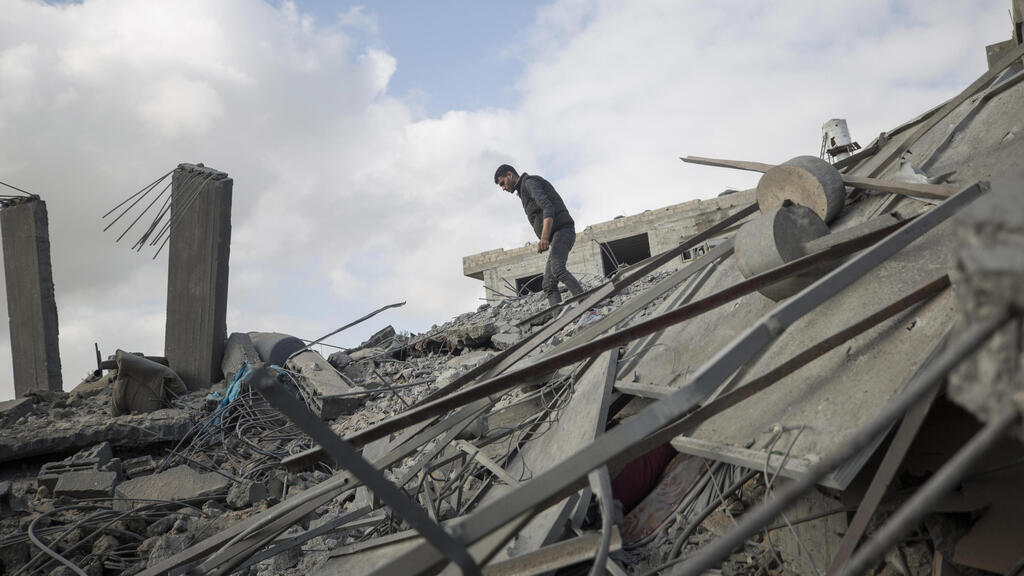Getting your Trinity Audio player ready...
Iranian Foreign Minister Hossein Amir-Abdollahian touring the Israel-Lebanon border
(Video: Irna)
The deaths of Islamic Jihad militants in Gaza, and Hezbollah fighters in Syria and Lebanon don't really matter to the Iranians. They disdainfully disregard the Arabs, including their fellow Shiites among them.
More Stories:
"We're descendants of an ancient civilization, we invented chess thousands of years ago," the Iranians tell themselves, "But the others? What did they invent? Barely anything."
The Iranians surround Israel with their proxies according to a well-structured plan. The Palestinian Islamic Jihad in Gaza, Hezbollah militants in Lebanon, and a coalition of various Shiite militias in Syria.
This collection of terrorists feeds off Iranian resources and acts in accordance with Iranian interests, which are often contrary to their own. The decisions are made in Tehran, far from where their price is paid for.
Israel fights against Iran's extending reach. At any given moment, hundreds of thousands of Iranian-made rockets are aimed at us, and in each round of conflict, many of them are fired toward Israel, and we retaliate against their proxies.
This is the crux of the matter: the Iranians don't mind fighting to the last Arab, but the lives of their own people are very important to them. They’re also sensitive about Iranian soil, in stark contrast to their disregard for the devastation in Lebanon and Gaza.
The covert war between Israel and Iran, and the blows they suffer in Syria and on Iranian soil, are one thing to consider. But when sirens blare in Israel and hundreds of thousands of citizens run to take shelter, Iranian cities remain calm and peaceful, even though they're responsible for funding, planning, and directing the aggression.
Iran's tendrils pay the price while the stem remains untouched. Shiraz, Isfahan, and Tehran don't pay the price that Sderot, Ashkelon, and Tel Aviv do.
It doesn't have to be this way. Israel's security forces are wise and capable of reaching far. Just as the Iranians don't need to launch missiles from their territory to ensure that heavy missile barrages land in Israel, the same can be done to them.
There are enough Sunni and other forces around Iran and its surroundings who suffer from Iranian terrorism and oppression, who would be happy to fight back with some assistance.
The goal isn't to strike Iranian cities, but to ensure peace in Israeli cities. And in order to make it harder for the Iranians to rest easy when they rain rockets on Israel, they need to know that when Israeli residents run to take shelter, so will people in Iran.
A leveled quarter in the city of Beirut, devastation in Lebanese villages, and destroyed buildings in Gaza bother the Iranians much less compared to a single rocket hitting one of their own cities.
Israel is preparing for a multi-front confrontation that Iran is planning. Many resources and careful consideration are invested in this, and rightfully so. It is a challenging but entirely realistic scenario in which thousands of rockets may be launched at Israel from all directions and for an extended period of time.
In addition to responses the IDF is preparing for the terrorist organizations that carry out the attacks that are located close to Israel, a response must also be prepared against Iran.
Tehran needs to know that if their proxies fire upon Israel, a response will come against them as well.
This concept must factor in Iran's decision-making because it greatly reduces the chances of a multi-front conflict. This way, fewer Iranians, fewer Lebanese, and fewer Gazans will be hurt, and most importantly, fewer Israelis will be harmed as well.







